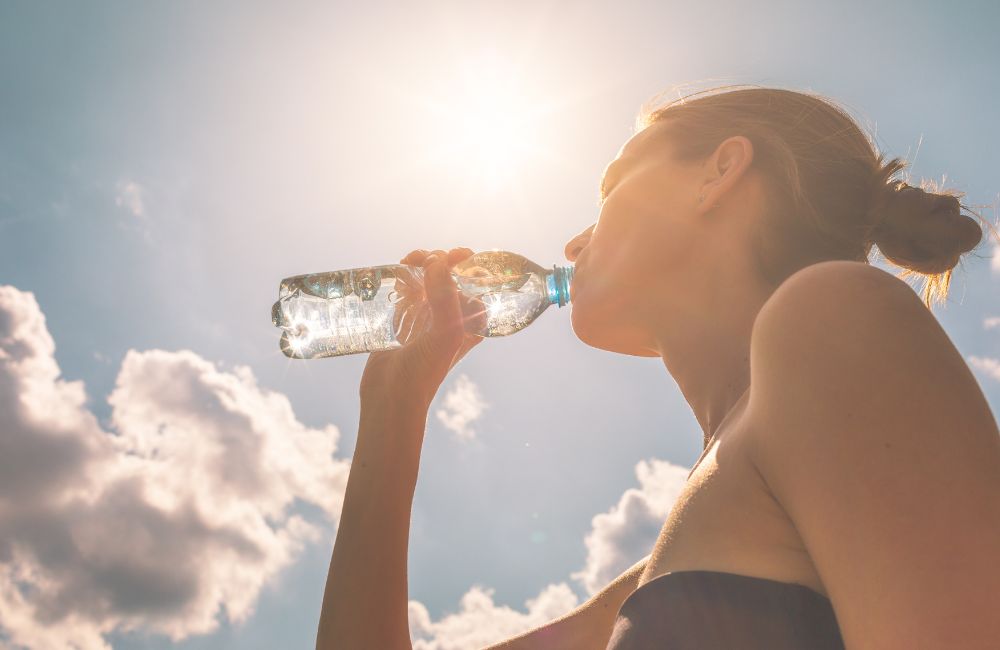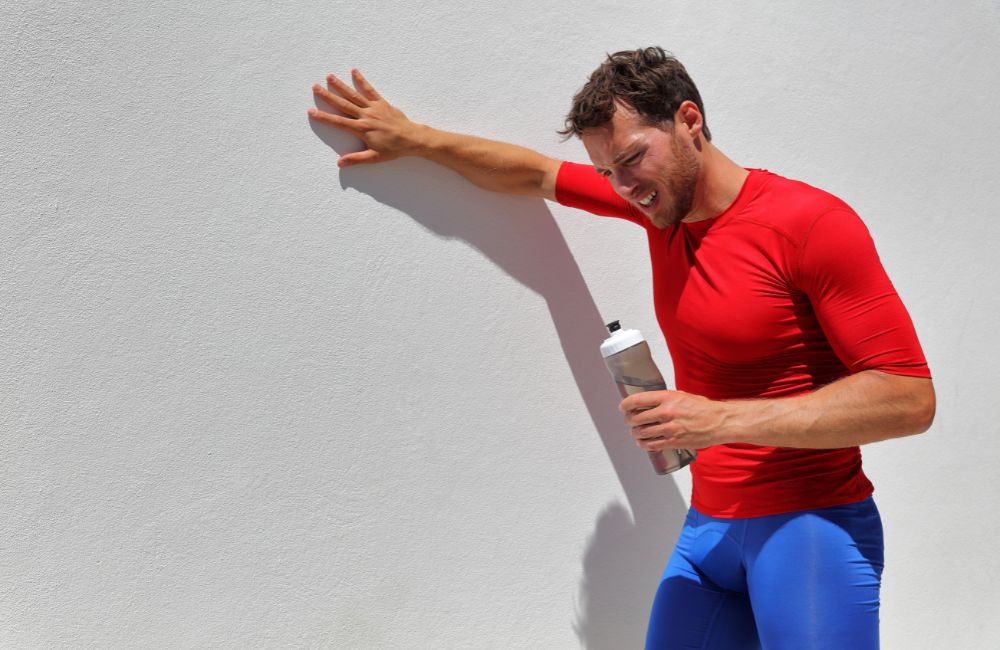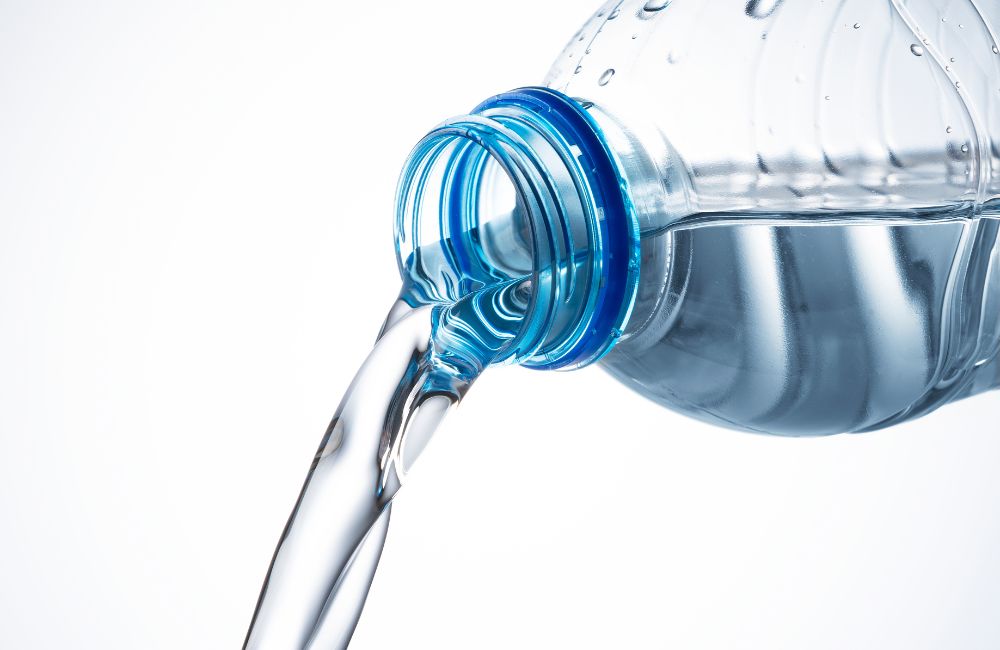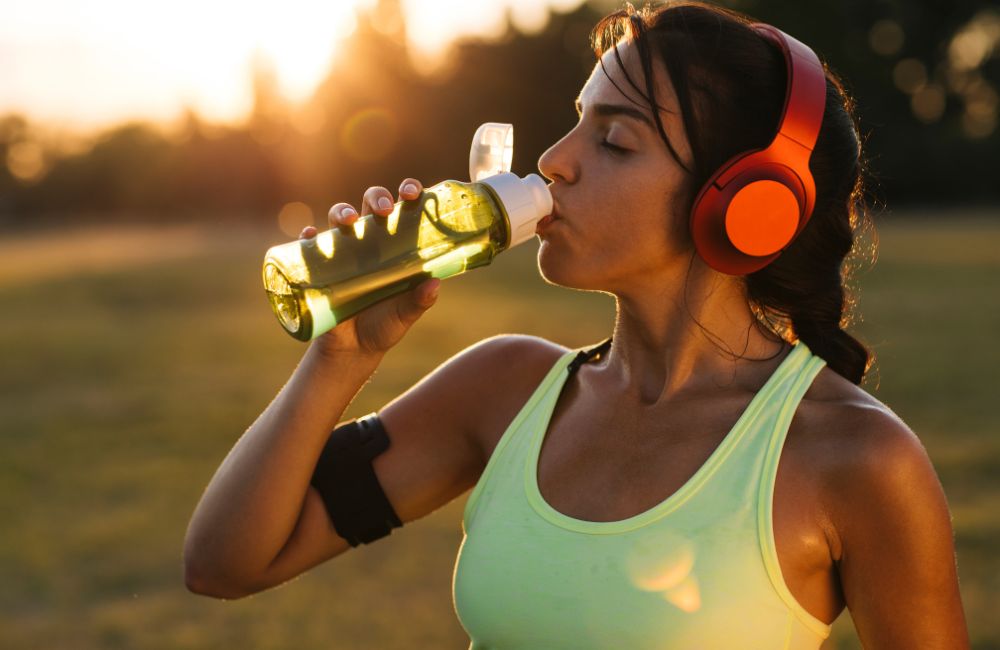
✔ Ignoring Early Signs of Hydration
✔ Relying Solely on Thirst
✔ Forgetting to Adjust Intake Based on Activity Level
✔ Overlooking Other Sources of Hydration
✔ Using Improper Hydration for Illness Recovery
Dehydration affects 17% to 28% of older adults in the United States and is a frequent cause of hospital admissions. This condition not only causes significant morbidity and mortality on its own but also complicates existing medical conditions. Furthermore, dehydration is sometimes over-diagnosed, leading to misdiagnoses and unnecessary fluid treatments. Understanding the causes and proper diagnosis of dehydration is crucial for effective patient care.
Here are ten common hydration mistakes highlighted by a primary care doctor in Southington, CT, and provide insights into how you can avoid them to maintain optimal health.

Dehydration occurs when the body loses more fluids than it takes in, leading to an imbalance that disrupts normal bodily functions. It can have a range of dangerous effects on the body, affecting everything from the cells to major organs.
Without sufficient water, your body struggles to perform essential tasks, and severe dehydration can lead to serious health issues, including kidney stones, urinary tract infections, and even kidney failure. Chronic dehydration can also impair cognitive function, physical performance, and overall well-being.
Consulting with a local primary care doctor in Southington, CT, can help you understand and recognize the signs of dehydration, preventing these serious complications.
Ignoring the early signs of dehydration not only compromises daily functioning but also predisposes you to more severe health issues. Prompt recognition and action, guided by a primary care doctor in Southington, CT, are essential to prevent the progression of dehydration and safeguard your health.
Thirst is often misunderstood as the first indicator of dehydration, but it actually signals that your body is already in a state of water deficit. A primary care doctor in Southington, CT, advises drinking small amounts regularly rather than waiting to feel thirsty, as this can help maintain a healthy hydration level consistently.
Engaging in physical activity or spending time in warm climates significantly elevates your fluid requirements due to increased sweat loss. Proper hydration before, during, and after such activities is crucial to replenish lost fluids and maintain optimal body function. A primary care doctor in Southington, CT, recommends increasing water intake before, during, and after physical activity to compensate for lost fluids through sweat.

Hydration doesn’t only come from drinking water. Incorporating water-rich foods into your diet is an effective and nutritious way to enhance your hydration status. According to a primary care doctor in Southington, CT, foods like cucumbers, strawberries, and watermelon can significantly boost your water intake.
When recovering from an illness, maintaining proper hydration becomes crucial for a speedy recovery. Primary care doctors in Southington, CT, advises focusing on clear broths and oral rehydration solutions over sugary sodas and drinks. These options offer a more balanced approach to replenishing fluids and nutrients your body needs to heal.
Excessive consumption of caffeinated or sugary beverages is a common hydration mistake that can actually lead to dehydration. Most primary care doctors in Southington, CT, strongly advise against relying on these types of drinks as your primary source of hydration, as they can have adverse effects on your overall fluid balance.

Hydration needs can vary significantly among different populations, particularly for the elderly and those with certain health conditions. A primary care doctor in Southington, CT, emphasizes the importance of carefully monitoring fluid intake for these groups, as they may not feel thirsty until dehydration has already set in.
Weather conditions play a crucial role in determining our hydration needs. A primary care doctor in Southington, CT, highlights the importance of adjusting your water intake to match the varying demands of different climates, especially during extreme temperatures or changing seasons.
Overhydration, or water intoxication, is a less commonly understood but potentially serious condition. A primary care doctor in Southington, CT, stresses the importance of balancing water intake to avoid diluting the body’s essential salts, which can lead to hyponatremia—a dangerous drop in blood sodium levels.
Hydration strategies should be tailored to meet individual needs, recognizing that everyone’s body and lifestyle are unique. A primary care doctor in Southington, CT, emphasizes the importance of personalizing hydration plans to effectively support one’s health and wellness goals.

Choosing the right hydration option, whether water or sports drinks, is crucial for maintaining optimal health and performance. Primary care doctors in Southington, CT, advises on when each is most appropriate, emphasizing that the right choice depends on the nature and intensity of the activity.
According to trusted primary care doctors in Southington, CT, a balanced approach involves understanding your activity level and hydration needs. For everyday hydration and light to moderate exercise, stick with water. Reserve sports drinks for situations where you are engaging in prolonged or highly intensive activities and need the added electrolytes and energy boost. By making informed choices, you can avoid common hydration mistakes and support your overall health and well-being.
Hydration doesn’t have to be complicated, but knowing when to choose water over sports drinks can make a significant difference in maintaining your body’s balance and optimizing your performance.
Don’t let common hydration mistakes hold you back from your healthiest self! Book a consultation today with a trusted primary care doctor in Southington, CT. Our expert team is ready to help you master the art of hydration, tailored just for you. Take the first step towards better health and wellness—call DOCS Primary Care – Southington now and ensure you’re hydrating the right way, every day!
Our dedicated primary care doctors in Southington, CT, are equipped to provide comprehensive evaluations, personalized hydration plans, and ongoing support to address your unique needs. Whether you’re dealing with chronic dehydration, recovering from illness, or simply looking to optimize your daily hydration habits, we’re here to help. Don’t wait until dehydration affects your quality of life—take proactive steps towards better health today.



During this surge in COVID-19 cases, our primary focus is meeting the high demand for tests, and we are seeing higher than usual wait times. This means we are unable to answer most phone calls. Please know that our teams are working very hard during this time to care for as many patients as safely as possible. Please click the button below for answers to common questions. We appreciate your understanding.